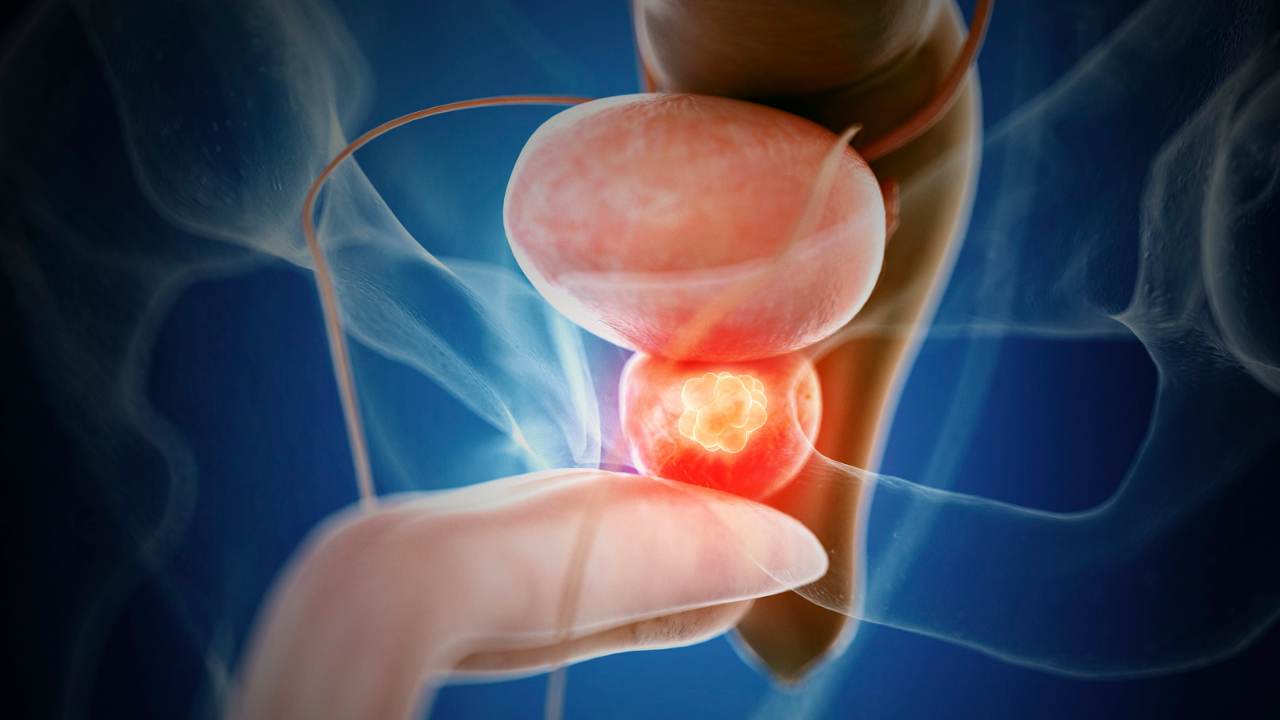How Do You Know If You Need Hormone Replacement Therapy?
Hormone replacement therapy (HRT) is a treatment that involves the use of hormones to supplement or replace the hormones that are naturally produced by the body. This therapy is often prescribed to alleviate symptoms related to menopause, including hot flashes, night sweats, vaginal dryness, and mood swings. it is essential that you understand the type of hormone replacement therapy available that can suit you better.
Signs to Determine If You Need Hormone Replacement Therapy
Low Sex Drive
Lack of estrogen causes significant changes in your libido. Some women find it difficult to experience any form of sexual arousal as a result. Menopause always results in vaginal dryness and vaginal tissues becoming thinner. This makes sexual intercourse not only uncomfortable but also painful. That said, this is not always the case because there are reports of some women having a positive sex life post menopause. Once you begin to experience a lack of sexual arousal, do not hesitate to contact a healthcare professional specializing in the HRT area for support.

Vaginal Burning and Itching
Vaginal burning and itching are caused by a yeast infection or a sexually transmitted disease. If you feel the symptoms of vaginal discomfort, it is necessary to contact an expert and schedule an appointment effective immediately. Low estrogen levels also cause vaginal burning, considering that estrogen creates lubrication in your vagina. The vagina’s elasticity and thickness are maintained by estrogen. Lower estrogen leads to a condition known as vaginal atrophy, which increases burning and itching.
Night Sweats
Your body’s internal temperature is affected by your hormone levels. This causes your blood vessels to expand, generating heat waves that increase your chances of red skin and sweating. This is why night sweats become common among women, particularly those undergoing perimenopause which is the precursor to menopause.
Mood Swings
Mood swings are relatively common in people despite their age. But when you experience menopause, hormonal changes will accelerate the frequency of these mood swings. This will hinder you from conducting your daily activities.
Every human being naturally experiences mood swings from time to time, but during menopause, hormonal changes may make these occur more often. The intensity of the mood swings can make it challenging to complete daily activities.
Chronic Insomnia
Again, sleep deprivation is relatively common among people, but the reality is that menopause increases your insomnia, prolonging your sleep deprivation. The lack of sleep causes concentration problems, memory loss, driving accidents, depression, and anxiety, which is unsuitable for your heart health. The best solution is to always communicate with a professional who can prescribe your treatment.
Hot Flashes
Hot flashes are a common occurrence among menopausal women. Lack of estrogen influences your internal temperature, making it sensitive to any little body temperature changes. This is why your body will experience major hot flashes due to your body temperature misjudging how cold or hot your body is
Hair Loss
Hair thinning is something women experience during menopause, especially when their estrogen is gone. This does not mean menopause is the sole cause of hair loss. It can also include age, genetics, illness, and nutritional deficiency.
Urinary Problems
Lower estrogen levels cause the urethra to weaken. The urethra is a tube that lets you pass out urine from your body. Lack of control in the urethra will sometimes cause the urine to leak when sneezing, coughing, or laughing.
Types of Hormone Replacement Therapy
There are two main types of hormone replacement therapy:
1. Estrogen-only therapy
Estrogen-only therapy is prescribed to women who have undergone a hysterectomy procedure (surgical removal of the uterus). This therapy involves the use of estrogen alone, without the addition of progesterone. It is important to note that estrogen-only treatment can intensify the risk of developing endometrial cancer (cancer of the lining of the uterus) in women who have not had a hysterectomy.
2. Combination therapy
Combination therapy involves the use of both estrogen and progesterone. This therapy is usually prescribed to women who have not had a hysterectomy. The addition of progesterone helps to protect the lining of the uterus and reduces the risk of developing endometrial cancer.
Benefits of Hormone Replacement Therapy
Hormone replacement therapy can provide several benefits, including:+
- Relief from hot flashes and night sweats
- Relief from vaginal dryness and itching
- Improved mood and reduced risk of depression
- Reduced risk of developing osteoporosis (thinning of the bones)
- Reduced risk of developing colorectal cancer
Hormone replacement therapy can be a results-oriented treatment for menopausal symptoms, but weighing the potential risks and benefits before starting this treatment is essential. If you are considering hormone replacement therapy, talk to your healthcare provider to determine whether this treatment is proper.

FAQs
What is hormone replacement therapy?
Hormone replacement therapy (HRT) is a medical treatment that involves taking hormones to replace those the body no longer produces due to decreased hormone levels. It is often used to alleviate symptoms of menopause, which include hot flashes or mood swings.
What hormones are used in hormone replacement therapy?
The most commonly used hormones in HRT are estrogen and progesterone. Testosterone may also be used in some cases
What are the advantages of hormone replacement therapy?
HRT can help alleviate symptoms of menopause and improve bone density. It may also help reduce the risk of certain health conditions, such as osteoporosis and colorectal cancer.
What are the dangers of hormone replacement therapy?
HRT can increase the risk of certain health conditions, such as breast cancer, blood clots, and stroke. It may also create side effects such as bloating, breast tenderness, and headaches.
Who is a reliable candidate for hormone replacement therapy?
HRT may be recommended for women experiencing severe menopause symptoms, which usually include hot flashes and vaginal dryness. It may also be recommended for women who have had their ovaries removed or have a history of osteoporosis.
How is hormone replacement therapy administered?
HRT can be administered through pills, patches, creams, gels, or injections. The type of administration will depend on the specific HRT regimen and the individual’s preferences.
How long does hormone replacement therapy last?
The length of time a person will need to take HRT will depend on their specific health needs and goals. Some women may only need to take HRT for a few years, while others may need to take it for a more extended period of time.
It is imperative to engage with medical professionals about the pros and cons of hormone replacement therapy with a healthcare provider to find out which type of therapy is helpful for you.

